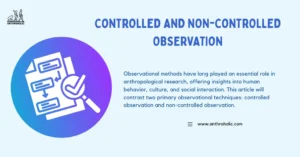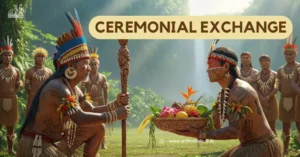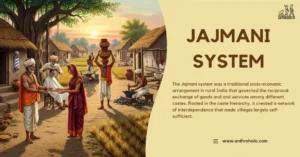AI Answer Evaluation Platform Live Now. Try Free Answer Evaluation Now

Hunting and Gathering (Foraging)
Hunting and gathering, also known as foraging, can be defined as the original subsistence economy of humankind. From the earliest hominids to some societies











